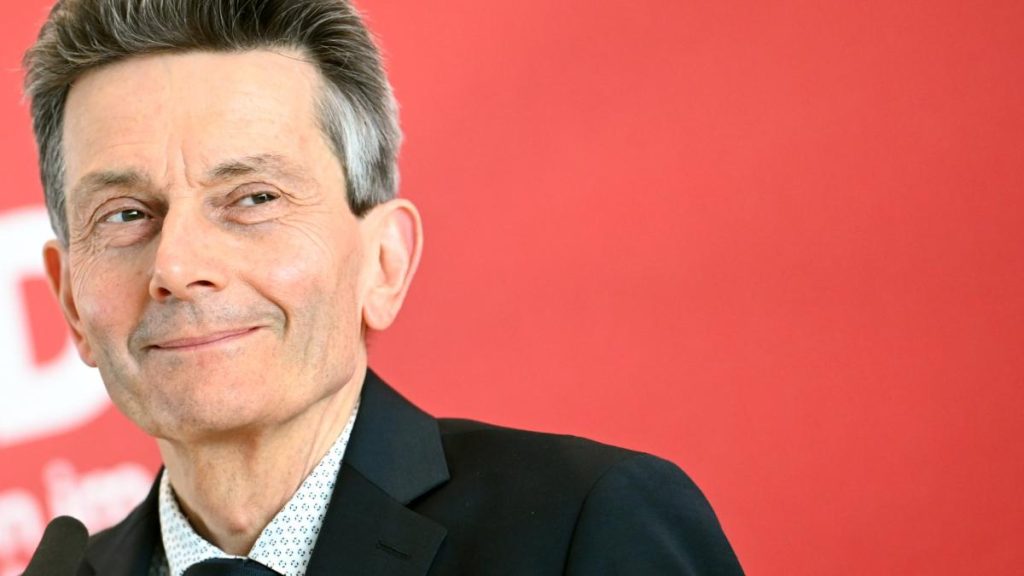SPD Fraktionschef Rolf Mützenich has strongly rejected considerations by several members of other parties to involve NATO in the defense of Ukrainian airspace against Russian attacks, calling such proposals “irresponsible and extremely dangerous.” Mützenich stated that protecting Ukrainian airspace through a NATO deployment would go against the principle of not wanting to actively intervene in the war, emphasizing that the SPD faction would not approve such a decision. He described such proposals as playing with fire and giving Russian President Putin the ammunition for his narratives about an imperialist NATO.
While Mützenich acknowledged the importance of supporting Ukraine militarily against Russian aggression, he reiterated the SPD faction’s commitment to the principle that NATO will not military intervene. Members of the CDU, FDP, and Greens, however, have shown openness to plans to protect parts of Ukrainian airspace using Western air defense systems from NATO territory. The proposal, put forth by military expert Nico Lange of the Munich Security Conference, suggests creating a secure zone up to 70 kilometers wide along Ukraine’s borders with Poland, Slovakia, Hungary, and Romania.
CDU defense politician Roderich Kiesewetter, who supports the idea, compared potential support for Ukraine to the assistance provided by the US, UK, and France to Israel in fending off a major Iranian air attack in April. FDP parliamentarian Marcus Faber, Green Party deputy leader Agnieszka Brugger, and Green Party member Anton Hofreiter also expressed support for NATO assistance in Ukraine’s airspace defense. Mützenich criticized these suggestions as feeding into Putin’s narrative of NATO imperialism.
The debate over NATO involvement in protecting Ukrainian airspace comes amid escalating tensions between Russia and Ukraine, with ongoing conflict in eastern Ukraine and Moscow’s military buildup along its border. While some argue that providing air defense support to Ukraine would help deter Russian aggression, others fear it could escalate the conflict and draw NATO into direct military engagement with Russia. The differing opinions within the German parliament reflect broader divisions among NATO allies on how to respond to the situation in Ukraine.
As discussions continue within the German government and NATO about potential actions to support Ukraine, the issue remains contentious and divisive. While some advocate for a stronger stance against Russian aggression, others caution against actions that could lead to a direct confrontation with Moscow. The decision on whether to involve NATO in protecting Ukrainian airspace will ultimately depend on a complex balancing of interests, alliances, and strategic considerations, with significant implications for regional security and stability in Eastern Europe.


